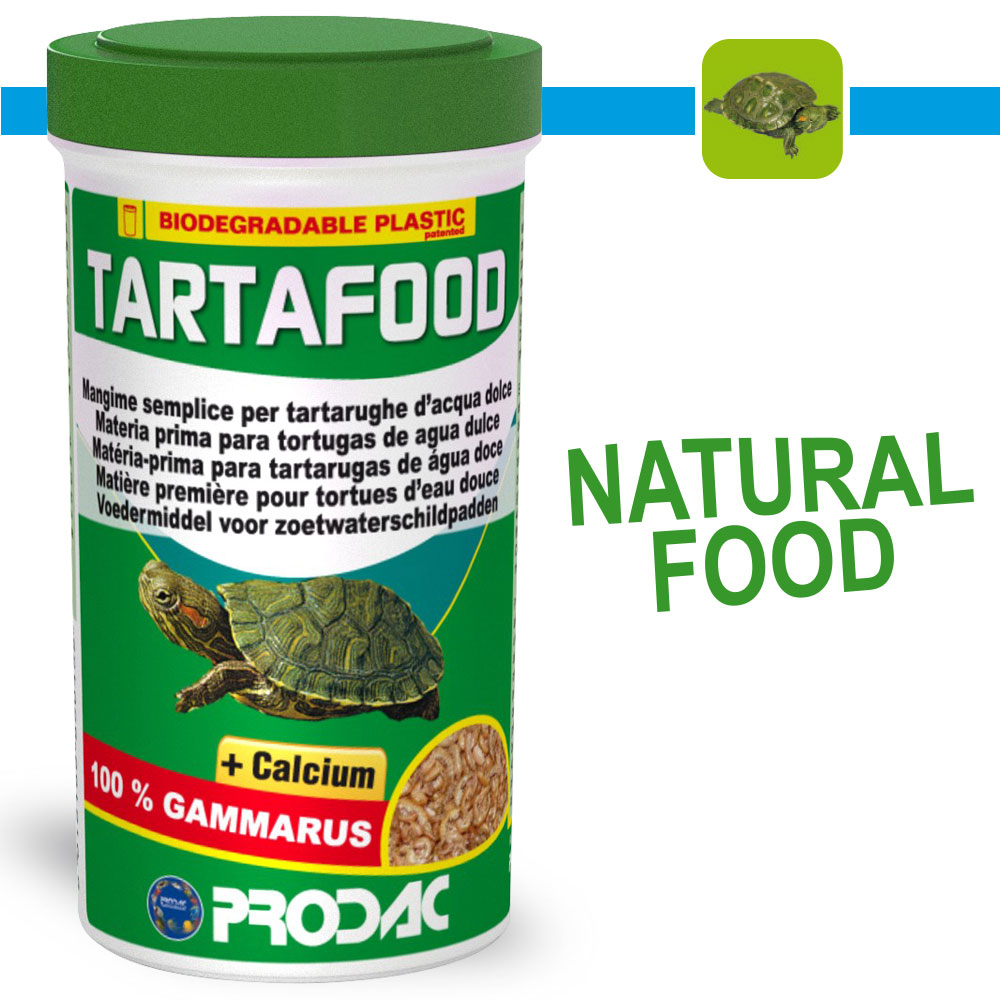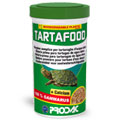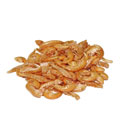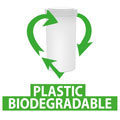



Feed material for the welfare of fresh water turtles
Composition: 100% aquatic invertebrates (gammarus pulex).
Analytical constituents: crude protein 47,37%, crude ash 20,86%, crude fat 9,40%, crude fibres 5,75%, calcium 4,5%, moisture 7,67%.
Available size:
100 ml - 10 gr - Item code TAR100
250 ml - 31 gr - Item code TAR250
1200 ml - 120 gr - Item code TAR1200
11 lts - 1 Kg - Item code TAR1KG
NATURAL FOODS
The so-called natural foods consist of whole organisms 100% NATURAL. Supplementing the habitual diet with natural food is very important: not only are the animals stimulated, through sight and smell, to their natural behaviour of hunting and preying, but it has also been demonstrated that whole foods promote the proper development and functionalities of the internal organs, especially in young, growing animal.
CALCIUM IN THE DIET OF CHELONIANS
Turtles (that live in water) and tortoises (that live on the ground) are characterised by a particular development of the spinal bones and of the dermis, resulting in their typical protective shell. Due to the exceptional development of their skeleton, turtles and tortoises need remarkable amounts of calcium in their diets, and it must absolutely be balanced with phosphorus in a ratio of 4-6:1 for proper intestinal absorption. This is particularly crucial for young growing turtles and for egg-laying females.
The bioavailability of calcium in their food is a very important parameter, as not all forms of calcium are suitable for turtles and tortoises. As calcium is only absorbed in the intestines in the presence of suitable levels of vitamin D3, it is important to expose the animals to enough UVA and UVB so they can synthesise the vitamin in their epidermis.
Fish food produced by PRODAC INTERNATIONAL is all contained in biodegradable plastic jars - including the lids.
“An act of love for fish and the environment” is the definition the company has given to this result, the only one in the world, achieved after years of investment in research.
The containers require no special treatment to begin their decomposition process: they fully degrade in the presence of anaerobic and aerobic bacteria once they are thrown away. The product is patented.